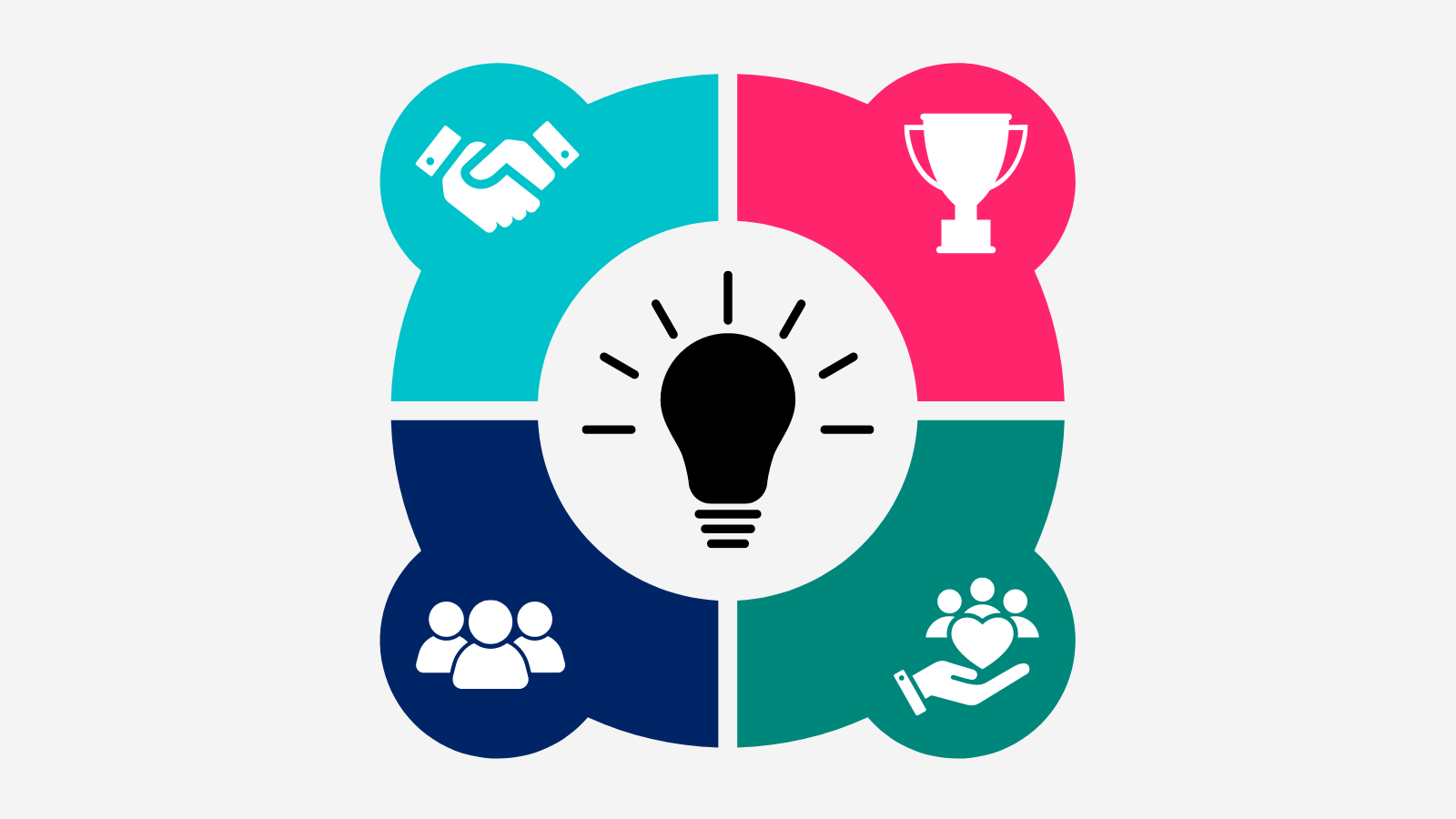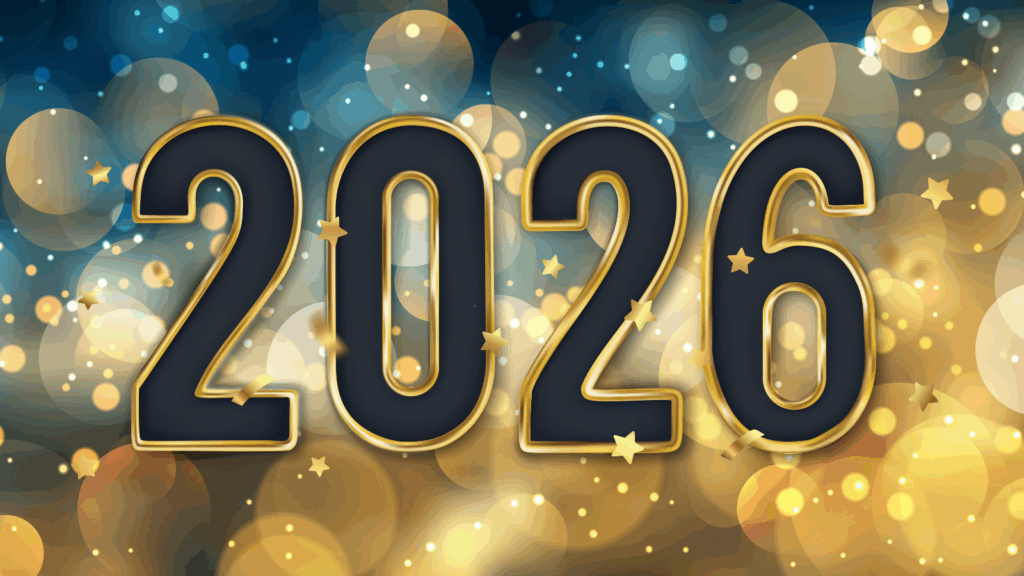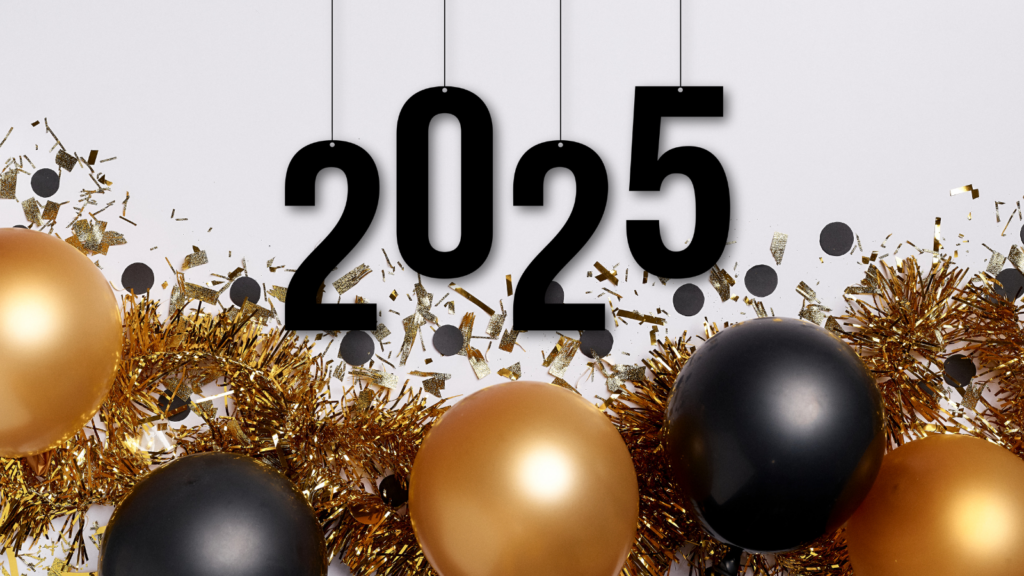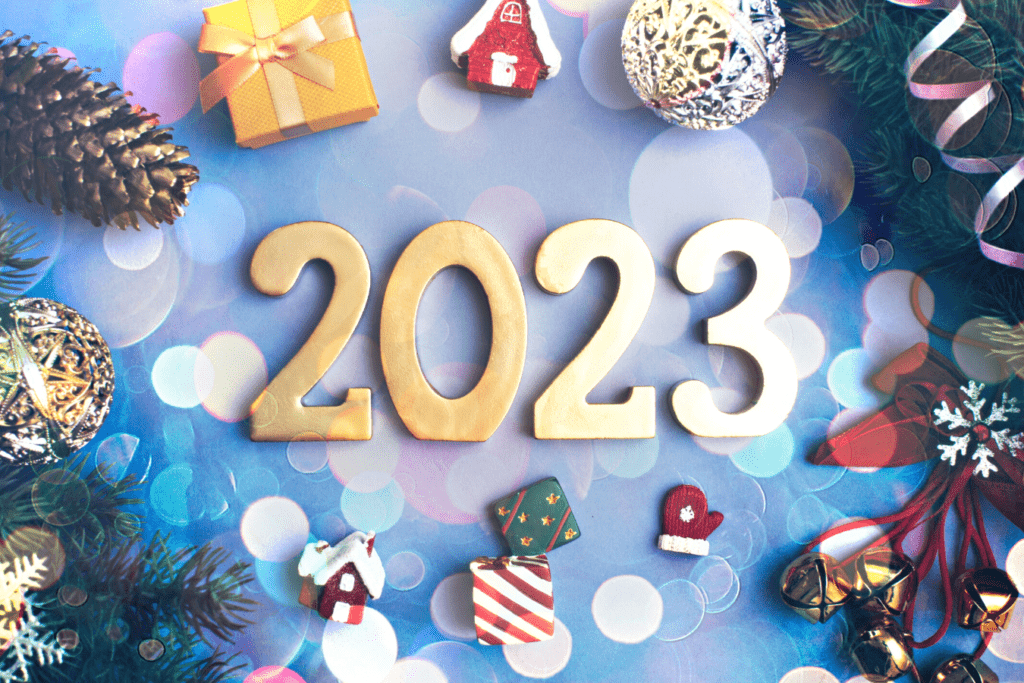 For centuries, reading and writing represented a significant education. Today one must be selective about which of the endless sources of information they chose to build their knowledge base. There’s a pressure to continuously add to your skill sets and toolboxes to stay relevant.
For centuries, reading and writing represented a significant education. Today one must be selective about which of the endless sources of information they chose to build their knowledge base. There’s a pressure to continuously add to your skill sets and toolboxes to stay relevant.
We’ve all heard someone say, “I’m a life-long learner”. If they were a member of any profession with an accreditation structure, they’d have a plan for annually participating in events which keeps them up to date with the latest developments in their field. If a business is “learning” it’s via the development of its people. All levels within the organization have access to training and development on a regular schedule.
So, to be a life-long learner, just like a learning organization, you need a plan to make it happen or the danger is it’s simply a statement. Fortunately, if you’re sincere about continuous learning, and take stock of your current ways of learning, you’ll discover you’re doing more than you realize.
Even if you’re not taking formal courses to gain “certifications” or letters behind your title, you’re absorbing information which impacts your performance. You see, hear and experience examples of how to behave and make decisions, whether good or bad.
The educators from whom you’re gaining knowledge, if you’re listening and observing, will include customers (clients), colleagues, competitors and your community.
Working with Osborne has provided me the opportunity to work and learn from many customers ranging from small farm-based family businesses to multi-nationals. It takes many questions to understand the issues, background and potential solutions. Each one of those discussions is an education. I hear what has worked well, what hasn’t and the ongoing barriers to success…more learnings. I may facilitate the discussion, although they educate me.
The methodology involves bringing a small team of Osborne colleagues together to pull from their relevant expertise and experience…more learnings.
The analysis and data gathering for projects often involves a review of the client’s competition. How they approach the market, and their results, are a true education based on reality.
And when not working on a client’s business challenges and opportunities, I spend time volunteering for causes I find meaningful. Witnessing the commitment, passion, and compassion of community and charity volunteers truly rounds out one’s continuous education.
I always wanted to take an MBA, although moving every 2-3 years prevented it from happening. I finally got my opportunity when I turned 40. I estimate the sources of knowledge I gained came from the following: 1/3 from my professors, 1/3 from my classmates and 1/3 from myself digging into research and spending time relearning much of what I had previously learned although had not applied, so had forgotten. The point is my education was not totally from textbooks.
Formal education is wonderful, and a true privilege most take for granted. Beyond that, there are daily opportunities to be a life-long learner. We just have to pay attention and listen to the 4 C’s; customers (clients), colleagues, competitors and our community volunteers. They’re also the ones who will teach us things you can’t find in a book. Watching a small business owner manage ambiguity and uncertainty, or an entrepreneur with the courage to risk their own resources, is a true education. Osborne’s role is to bring process to the table and ensure it doesn’t become the school of hard knocks.
How would you quantify where your learnings came from in the past year? Where will they come from in the next year? The answers will help ensure you’re spending time with the right people, asking the right questions.
Norm Dreger
Principal











